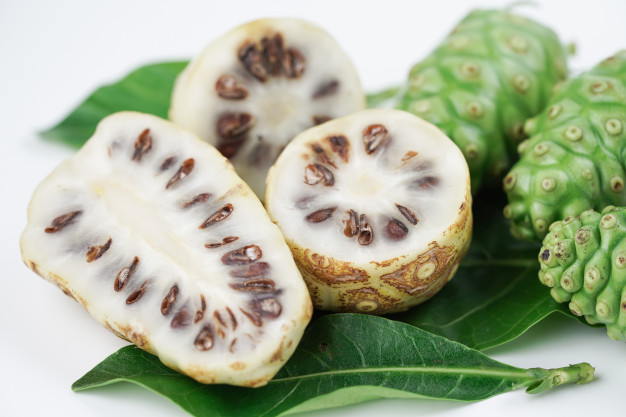Fiber intake is important more so for a pregnant woman. She needs to be well-nourished in order to avoid the risk of preeclampsia. A high fiber diet is recommended. The high-fiber diet cuts preeclampsia risk during pregnancy.
Eating a high fiber diet can help in cutting down preeclampsia risk during pregnancy and this has been revealed in a study
Preeclampsia happens to be a condition that pregnant women tend to develop. It occurs in up to 10 percent of pregnancies and one experiences high blood pressure, protein in the urine and severe swelling in the mother’s body.
A high-fiber diet is usually recommended to all pregnant women.
It is advised by dieticians to have more of real food, mostly plants and not too much as that might be the most effective primary prevention strategy for some of the most serious health conditions.
The mother’s gut bacteria and diet do appear to be crucial in promoting a healthy pregnancy.
The findings do show that pregnancy outcomes, as well as infant immunity, are linked to gut bacteria.
Plant-based fiber is rather broken down in the gut by bacteria into factors that do tend to influence the immune system.

For the study, the team did investigate the role of these metabolic products of gut bacteria during pregnancy. The study did reveal that in humans, reduced levels of acetate, which is mainly produced by fiber fermentation in the gut, is associated with the common and preeclampsia. From this perspective, diet does matter and a high fiber diet does help.
Preeclampsia does interfere with the child’s immune development when in the womb, some evidence which does suggest a link to higher rates of allergies as well as autoimmune diseases later in one’s life.
According to researchers, in many cases, preeclampsia does happen to affect the development of an important fetal immune organ – the thymus. The findings do reveal that fetuses in preeclampsia pregnancies had a much smaller thymus than children from healthy pregnancies.
The cells that the thymus normally tend to generate are referred to as ‘T’ cells, and specifically, those that are associated with the prevention of allergies as well as autoimmune conditions such as diabetes — also remained lower in infants after preeclampsia, even four years after delivery.
The team further went on to examine the mechanisms of acetate on the developing fetal immune system in separate experiments with the help of mice. The tests did show acetate that was central in driving fetal thymus and ‘T’ cell development.
The results do highlight the importance of diet and gut bacteria during pregnancy. According to scientists, it may be an effective way to maintain a healthy pregnancy and also to prevent allergies and autoimmune conditions later in life.
Also, read: High-fibre diet may promote a healthy pregnancy
Conclusion:
Pregnant women do need to take care of their diet and need to have a high fiber diet which is good in preventing preeclampsia. Physicians do ensure that a pregnant woman is nourished well as the healthy growth of the child matters.
A healthy diet means a healthy baby and a pregnant woman needs to take good care of herself. It is best to consult the doctor and follow a healthy high fiber diet.

